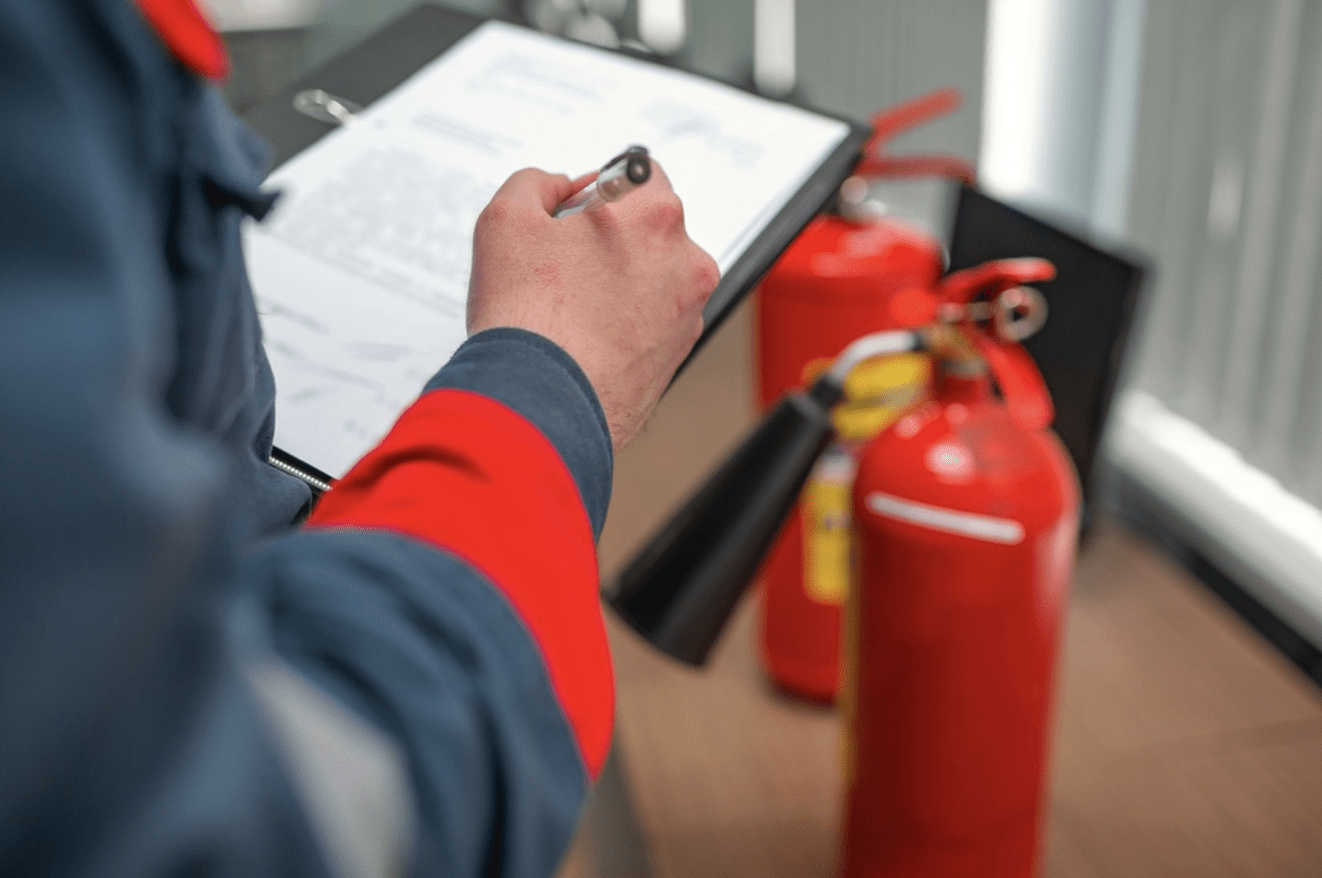Fire Marshal Training
This Fire Marshal Training course is suitable for people who are responsible for fire safety or who are designated fire marshals in their workplace. No prior knowledge of fire safety is required.
Please note that in some workplaces fire marshals may also require practical training in the use of fire extinguishers to supplement this training course.
Fire Marshal Training Course Content:
Module 1 – Fire Safety and The Law
Understanding the importance of fire safety
Fire safety and the Law
Responsibility for fire safety in the workplace
How the law is enforced
Enforcement powers
Module 2 – Managing Fire Safety In The Workplace – Principles and Practice
The role of the Fire Marshal
Proactive Fire Marshal duties
Reactive fire marshal duties
The number of fire marshals required in the workplace
Module 3 – Understanding How Fires Start
The main causes of fire
How fires start – the fire triangle
Sources of oxygen, heat and fuel
Dangerous substances – DSEAR
Classes of fire
Module 4 – Fire Risk Assessment
The 5 Steps of Risk assessment
Fire risk assessment requirements for dangerous substances
Module 5 – Fire Prevention and Controls
Fire Prevention
Fire detection and warning systems
Good housekeeping
Passive fire controls
Active fire controls
Evacuation routes
Means of escape for disabled people
Refuge points
Emergency lighting
E learning Features
![]() Instant Access
Instant Access
![]() Digital Certificate
Digital Certificate
![]() Duration – 2hrs
Duration – 2hrs
![]() CPD Approved
CPD Approved
![]() Access the course on any device including PC, tablet and mobile phone
Access the course on any device including PC, tablet and mobile phone
![]() Appeals to all learning styles with interactive quizzes, video and full audio features
Appeals to all learning styles with interactive quizzes, video and full audio features
![]() Work at your own pace, testing your knowledge as you progress through the course
Work at your own pace, testing your knowledge as you progress through the course
![]() Progress is automatically saved so you can take a break and pick up where you left off
Progress is automatically saved so you can take a break and pick up where you left off
See all our E Learning Courses HERE
If you wish Fire Marshal Training delivered to a group at your venue please see HERE
Course Features
- The Course Structure
- A Serious Business
- The Aggression Curve
- The SCARF Model
- Government Advice and Guidance
- Making decisions: Duty of Care
- The Law
- Physical Intervention and Restraint
- Screening, Searching and Confiscation






